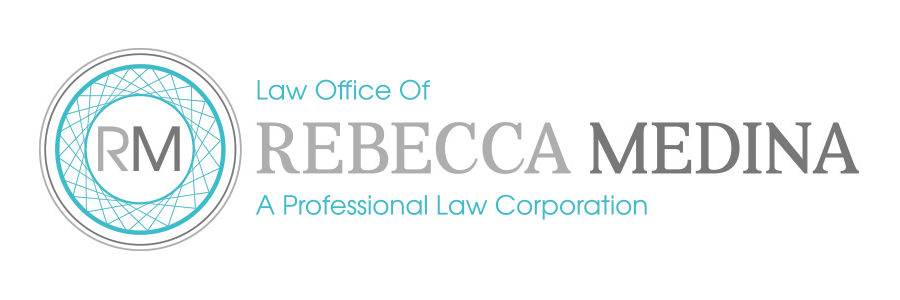Divorce is never easy. Whether ending your marriage was your choice or not, whether your relationship with your ex remains amicable or turns contentious, and whether or not the divorce is burdening you with significant financial strain, the mixed emotions that divorce involves are tough to process and to experience.
One thing that can ease some of the pain of divorce is to feel as though you have some control over the outcome and believe your needs are being met.
A number of factors may determine if you arrive at the terms of your divorce through traditional litigation, through some sort of collaborative process, or through mediation.
Mediation is one of the most mutually beneficial options for divorcing spouses because it combines advice from a non-biased professional—a mediator—with chances for each spouse to state their needs and goals.
You and your spouse may find yourself involved in one of two types of mediation depending on how your case has transpired thus far.
Mandatory mediation
If you are in mandatory mediation, that means you initially elected to take a more traditional path of litigation and have now been ordered by the court to attend a certain number of mediation sessions with your ex.
The hope is that you’ll come to an agreement concerning one or more issues you’ve been deadlocked on such as property division or, most often, child custody.
However, if you cannot agree, the court-appointed mediator will take into account the opinions of both you and your ex and issue a recommendation.
This recommendation is non-binding, but could influence a judge’s decision if you return to litigation.
Private mediation
Private mediation means that you and your ex have chosen to work together with an agreed-upon mediator in lieu of traditional litigation.
The terms of private mediation are more flexible and offer you and your spouse an ample amount of time to talk through all aspects of your divorce and arrive at agreements or compromises that meet the needs you articulate.
Ideally, once you have worked through each issue that pertains to your divorce, your mediator (who is typically a qualified divorce attorney specially certified in mediation) drafts up a written agreement that you both sign to finalize your divorce.
This process is generally far quicker and less costly than traditional litigation.
Consult a supportive family law attorney who can advise throughout your divorce mediation in Fresno & San Diego
At the Law Offices of Rebecca Medina, we are experienced certified mediators qualified to guide couples through private mediation and counsel clients during mandatory court-ordered mediation sessions.
To learn more about our practice, or to schedule a consultation, call 559-324-5427 in Fresno or 858-285-4315 in San Diego, or contact us online today.
